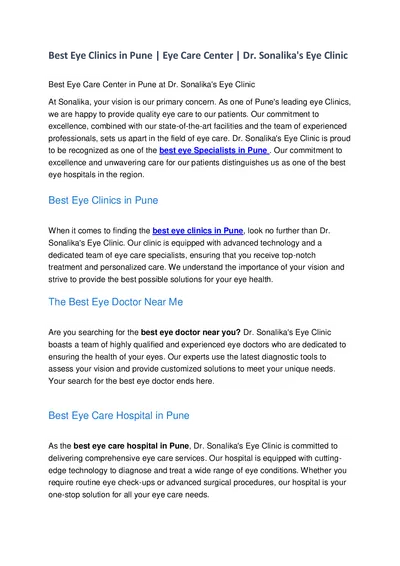PDF-The Best Mobile App Development Software in 2022
Author : firebasebackend | Published Date : 2022-04-16
Lowcode backend to build modern apps Store and query relational data on the cloud Make it accessible over GraphQL and REST with a scalable opensource backend Visit
Presentation Embed Code
Download Presentation
Download Presentation The PPT/PDF document "The Best Mobile App Development Software..." is the property of its rightful owner. Permission is granted to download and print the materials on this website for personal, non-commercial use only, and to display it on your personal computer provided you do not modify the materials and that you retain all copyright notices contained in the materials. By downloading content from our website, you accept the terms of this agreement.
The Best Mobile App Development Software in 2022: Transcript
Download Rules Of Document
"The Best Mobile App Development Software in 2022"The content belongs to its owner. You may download and print it for personal use, without modification, and keep all copyright notices. By downloading, you agree to these terms.
Related Documents














